
Hajj Travel Then and Now: What’s Changed Over the Centuries?
July 1, 2025 No Comments
The sacred pilgrimage of Hajj to the holy city of Mecca is one of the…

Home / Pilgrimage 101: Everything You Need to Know Before You Go
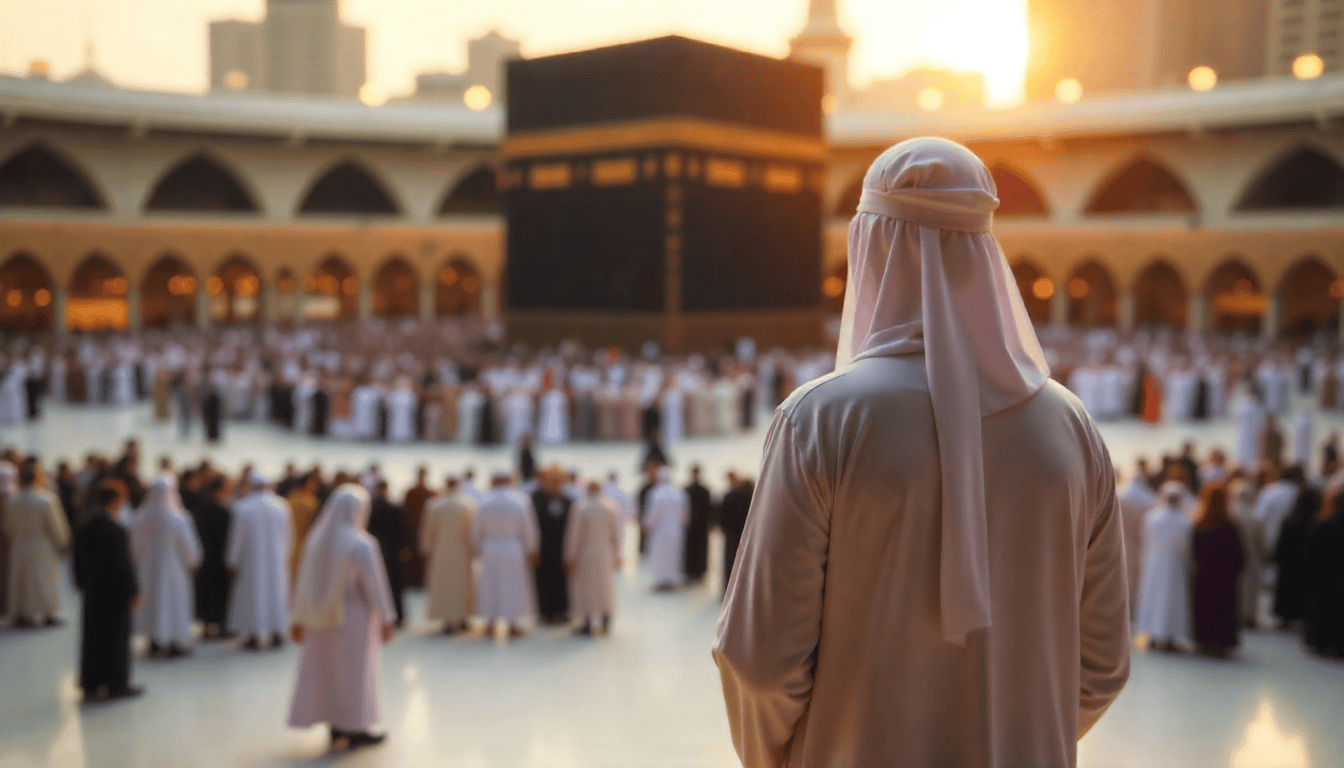
When the time comes to embark on one of the most spiritually significant journeys in a Muslim’s life, the preparations can feel overwhelming. Whether you are about to perform Hajj or Umrah, both pilgrimages require a great deal of planning, preparation, and reflection. This blog will guide you through the essential details you need to know before you go, from the significance of the journey to the practical steps that will help ensure a smooth and spiritually fulfilling experience.
A pilgrimage is not just a physical journey; it is a deeply spiritual experience that strengthens one’s connection to Allah. The pilgrimage, whether it is Hajj or Umrah, is one of the most important rituals in Islam. For Muslims, these journeys provide an opportunity to purify the soul, seek forgiveness, and reflect on the teachings of Islam.
Hajj is a mandatory pilgrimage for Muslims who meet the physical, financial, and other necessary requirements. It is performed once a year during the Islamic month of Dhu al-Hijjah and is one of the five pillars of Islam. Every able-bodied Muslim, who can afford the journey, is required to perform Hajj at least once in their lifetime.
On the other hand, Umrah is a voluntary pilgrimage that can be performed at any time of the year, though it holds great spiritual reward. While it is not obligatory, performing Umrah offers immense blessings and can be done as many times as one desires.
Both pilgrimages involve key rituals that connect the individual to their faith and foster a sense of unity with millions of other Muslims around the world.
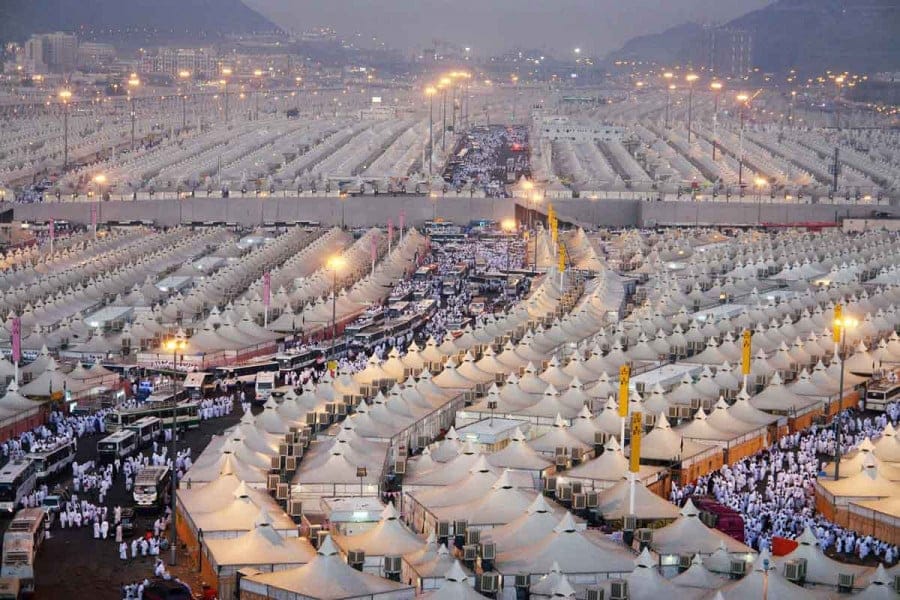
Before you embark on the sacred journey, there are several important steps to take. The preparation phase involves both physical and spiritual readiness. A pilgrimage is a life-changing experience, and being prepared can make it all the more fulfilling.
Spiritual preparation is crucial, as the pilgrimage is not just about the physical journey but also about cleansing the soul. Start by reflecting on your intentions. Ask yourself why you are making this pilgrimage and what you hope to gain from it. A pilgrimage is a time for repentance, seeking forgiveness, and strengthening your faith. You should begin your preparations with a heart full of humility and sincere intent. Choosing the right Umrah Packages can also enhance your spiritual journey by providing all the necessary support and guidance to ensure a meaningful pilgrimage.
Another key aspect of spiritual preparation is understanding the significance of the rituals you will perform. Read about the history and the deep meanings behind the rites of Hajj and Umrah. This will allow you to appreciate the significance of each step you take during the pilgrimage. You may also want to study the Quran and the teachings of the Prophet Muhammad (PBUH) related to pilgrimage.
The physical aspects of pilgrimage cannot be overlooked. Pilgrims often face long walks, standing for hours in the heat, and performing physically demanding rituals. Before you go, it is important to get in good physical shape. Begin a fitness regimen that includes walking and endurance exercises. This will help you better cope with the physical challenges of the journey.
Make sure to consult with your doctor if you have any pre-existing health conditions. It is important to be in good health to perform the pilgrimage rituals with ease. Ensure you get vaccinated according to the health requirements for pilgrims, as this is essential for your safety and the safety of others. Additionally, working with a reputable Umrah Travel Agency UK can help you with travel arrangements and ensure all necessary health and safety protocols are in place for a smooth journey.
Additionally, packing the right items is key. Lightweight, breathable clothing is recommended due to the extreme heat of the region, especially in Mecca and Medina. Comfortable shoes are essential, as you will be walking a lot. Other useful items include sunblock, a hat, medications (if needed), and toiletries.
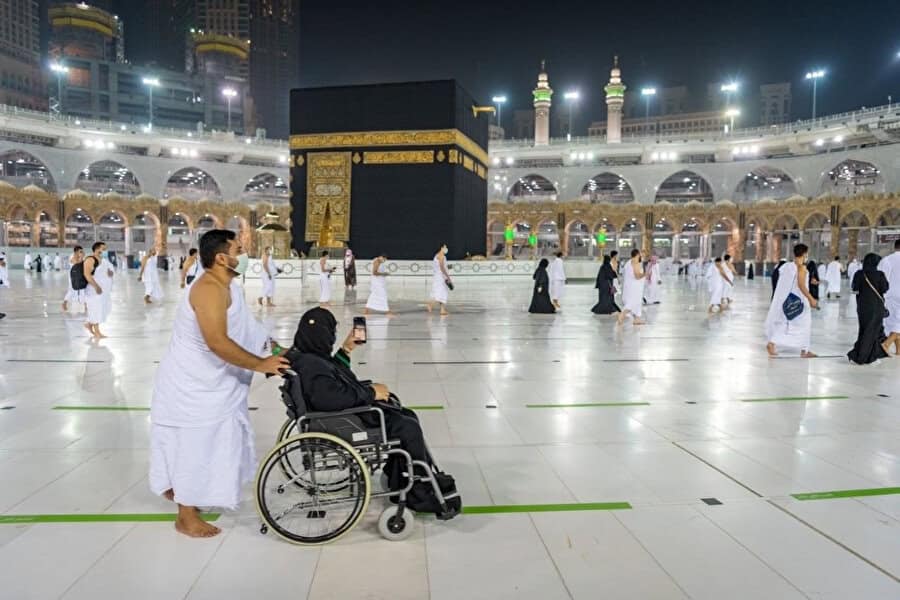
Hajj and Umrah share many of the same rituals, though they differ in terms of the length and the specific days on which they are performed. Below, we’ll discuss the most important rituals to expect during your pilgrimage.
One of the first rituals of both Hajj and Umrah is entering a state of Ihram. This state is a spiritual preparation where pilgrims wear simple, white garments as a symbol of purity and equality. Men wear two pieces of cloth, while women wear a modest dress that covers their entire body.
Ihram is not just about the clothing; it’s about entering a mindset of spiritual purity. You refrain from engaging in any activities that are prohibited during Ihram, such as arguing, fighting, or engaging in intimate relations. Once you enter Ihram, you are in a state of heightened sanctity and must maintain respect for the sacredness of the journey.
After entering Mecca, one of the first rituals you will perform is Tawaf. This involves walking around the Kaaba seven times in a counterclockwise direction. The Kaaba is the most sacred site in Islam, and performing Tawaf is a way of expressing unity with the Muslim community and with Allah.
During Tawaf, you recite prayers and supplications. It’s a deeply emotional moment for many pilgrims as they circle the Kaaba, focusing on the greatness of Allah. Tawaf is a central part of both Hajj and Umrah, and it symbolizes the pilgrim’s commitment to their faith.
Following Tawaf, pilgrims perform Sa’i, which involves walking between the hills of Safa and Marwah. Pilgrims walk seven times between these hills, retracing the steps of Hagar, the wife of Prophet Ibrahim, who searched for water for her son, Ismail. During Sa’i, pilgrims often reflect on the strength and resilience of Hagar’s faith.
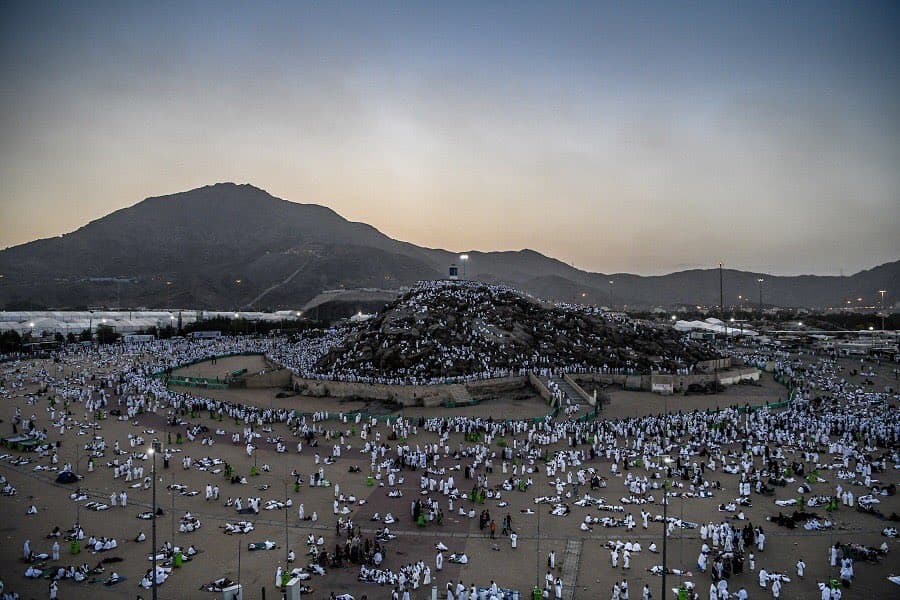
During Hajj, one of the most significant rituals is standing at Arafat. On the 9th of Dhu al-Hijjah, pilgrims gather at the plain of Arafat to stand in prayer and supplication. This ritual symbolizes the Day of Judgment and is a time for seeking forgiveness and reflecting on one’s sins.
The experience at Arafat is considered the highlight of Hajj. Pilgrims spend the day in quiet contemplation, making sincere prayers and seeking Allah’s mercy. It is a time for personal reflection, where every pilgrim is encouraged to focus entirely on their relationship with Allah.
Another key ritual of Hajj is the stoning of the devil, which takes place at the Jamarat. Pilgrims throw pebbles at three stone pillars to symbolize the rejection of temptation, following the example of Prophet Ibrahim, who rejected Satan’s temptation when he was asked to sacrifice his son.
This symbolic act reminds pilgrims of the constant struggle against temptation and evil, and the need to remain steadfast in their faith.
After leaving Arafat and completing the stoning ritual, pilgrims perform Tawaf al-Ifadah. This is similar to the initial Tawaf performed at the beginning of the pilgrimage but is more symbolic of the pilgrim’s renewal of faith and their completion of the main rites of Hajj.

The pilgrimage offers unparalleled spiritual rewards. For Muslims, both Hajj and Umrah serve as opportunities to purify the soul, renew their connection with Allah, and seek forgiveness for their sins. It is a time for deep reflection and contemplation, where the pilgrim’s focus is solely on worship and submission to the will of Allah.
During Hajj, Muslims believe that the pilgrimage purifies a person of their past sins, as long as the pilgrimage is performed sincerely and with proper intentions. The act of standing at Arafat is particularly significant in this regard, as it symbolizes a complete submission to Allah’s will. For those seeking a luxurious and comfortable experience, 5 Star Umrah Packages offer an elevated way to perform Umrah, ensuring a spiritually fulfilling and stress-free journey.
Umrah, while not obligatory, holds great spiritual significance as well. It is a form of purification and devotion that allows the pilgrim to draw closer to Allah. Performing Umrah, even once in a lifetime, brings immense blessings and acts as a source of spiritual growth.
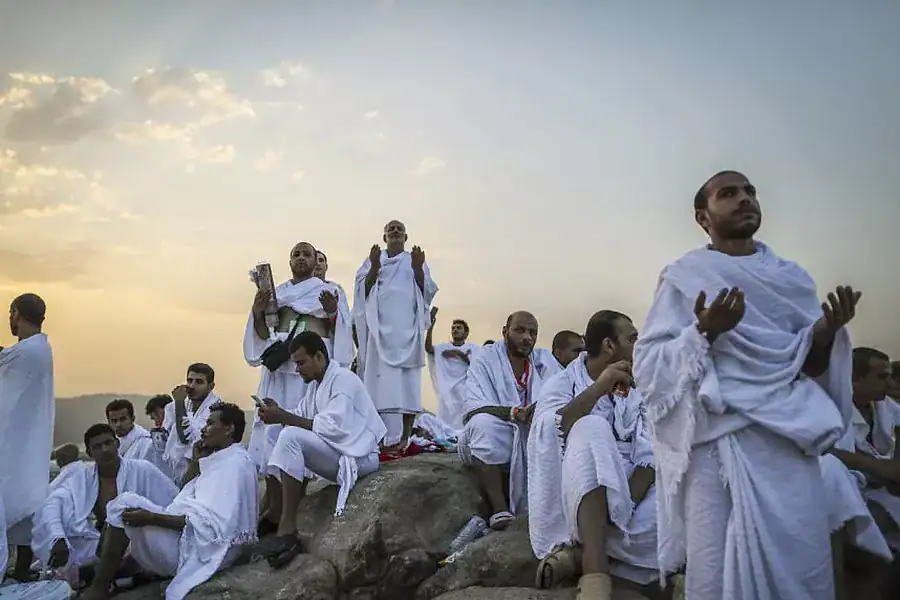
After completing your pilgrimage, it’s important to reflect on the lessons learned. The journey does not end upon returning home; it is merely a new beginning. Pilgrims are encouraged to continue their devotion to Allah and carry the lessons from the pilgrimage into their everyday lives. This may involve engaging in regular prayers, charitable acts, and maintaining a strong connection to the faith.
You may also want to share your experiences with others, particularly with those who may be preparing for their own pilgrimage. The wisdom gained during the journey is valuable, and sharing it helps to strengthen the community.
Pilgrimage is a life-changing experience that every Muslim dreams of undertaking. It is a profound journey that deepens one’s faith, purifies the soul, and brings immense blessings. While the logistics of the pilgrimage can seem overwhelming, understanding the significance of the journey, preparing spiritually and physically, and embracing the rituals with sincerity will ensure a rewarding experience.
Whether you are preparing for Hajj or Umrah, remember that the pilgrimage is not just about the destination, but the transformation that occurs within you along the way.
Our curated content will ensure you’re well–prepared and inspired every step of the way.